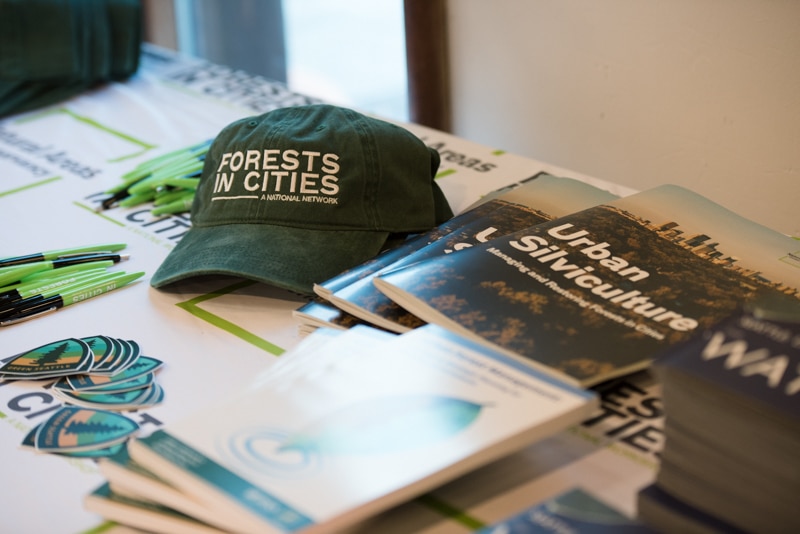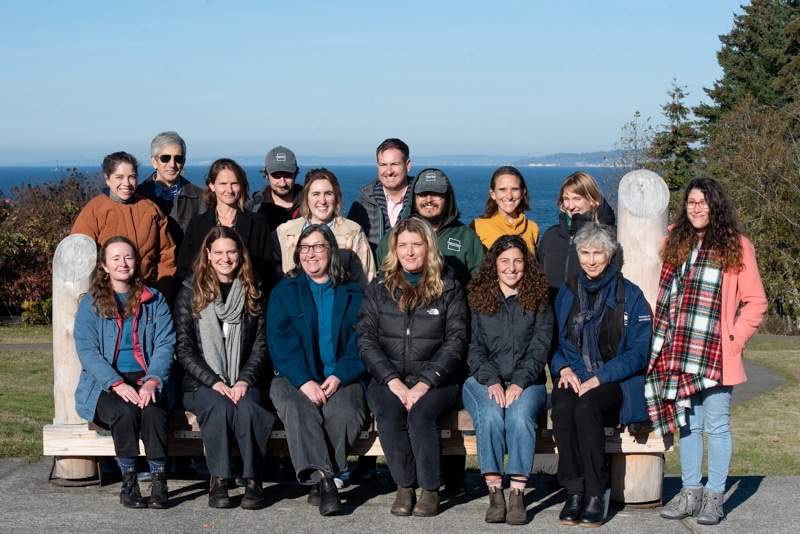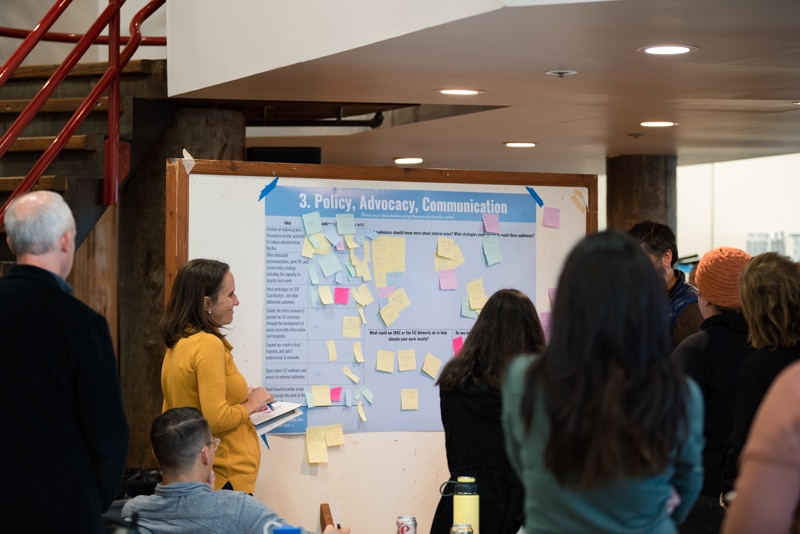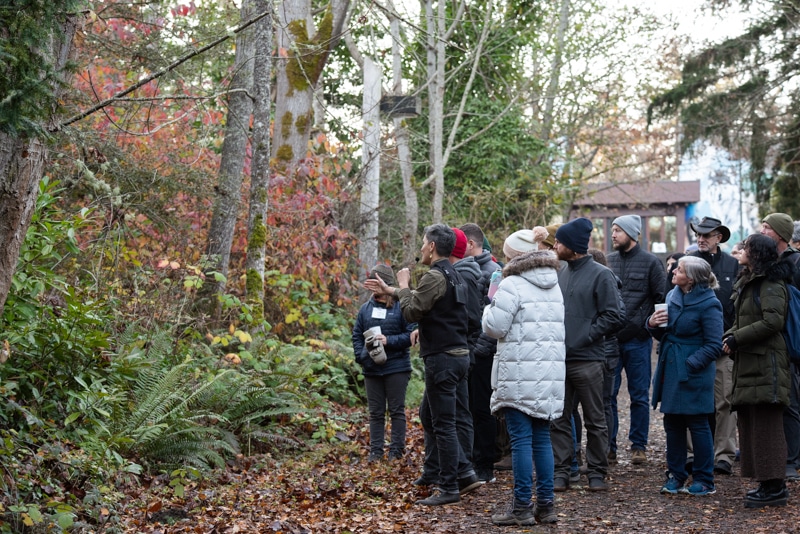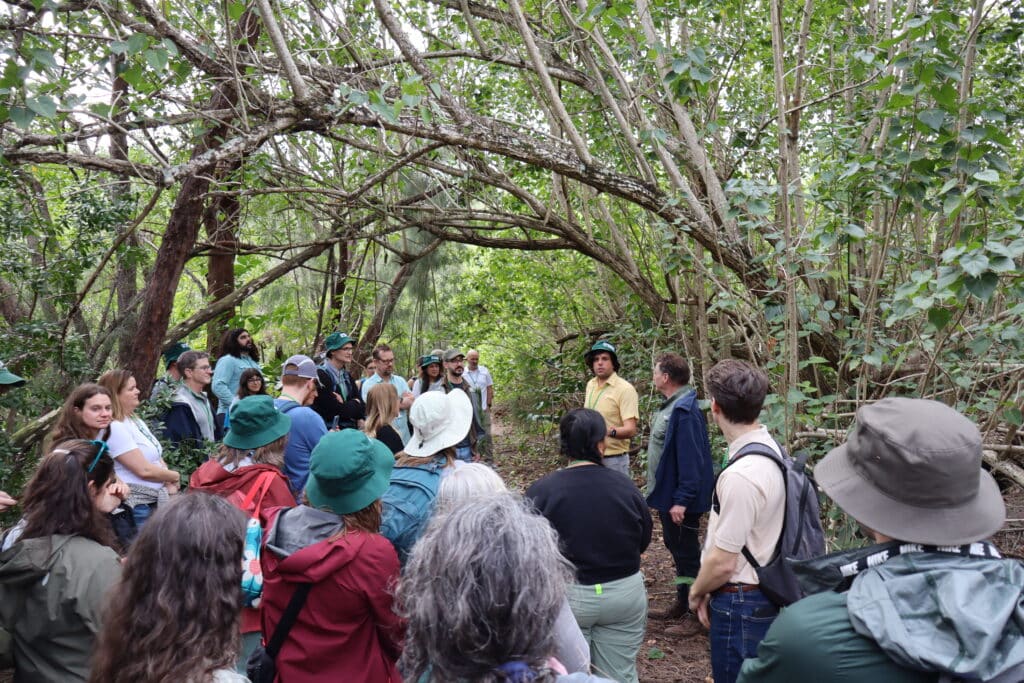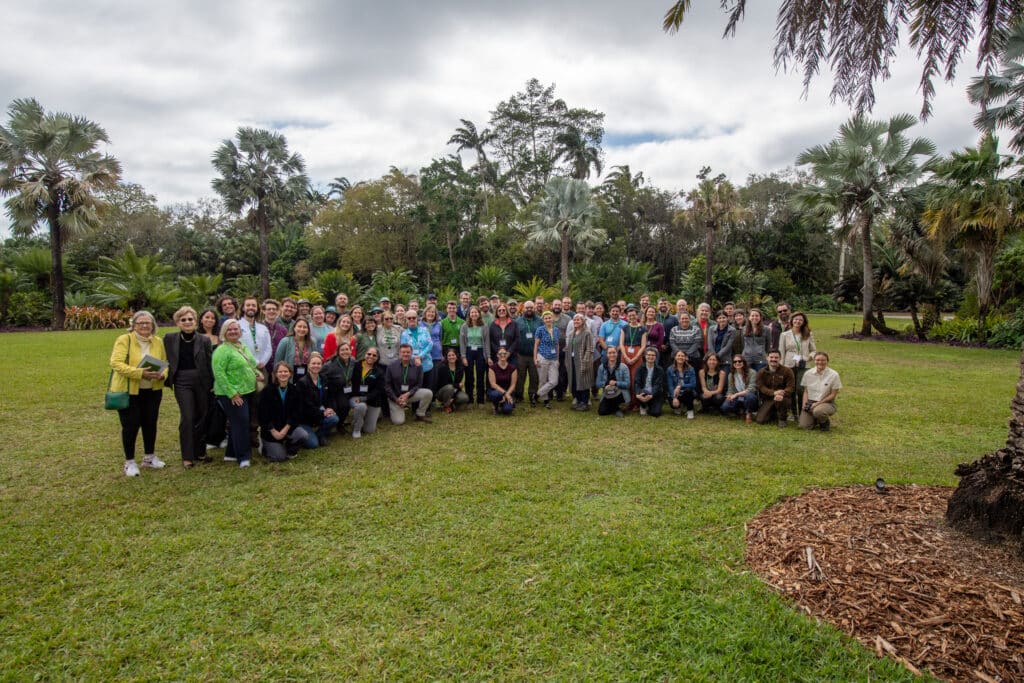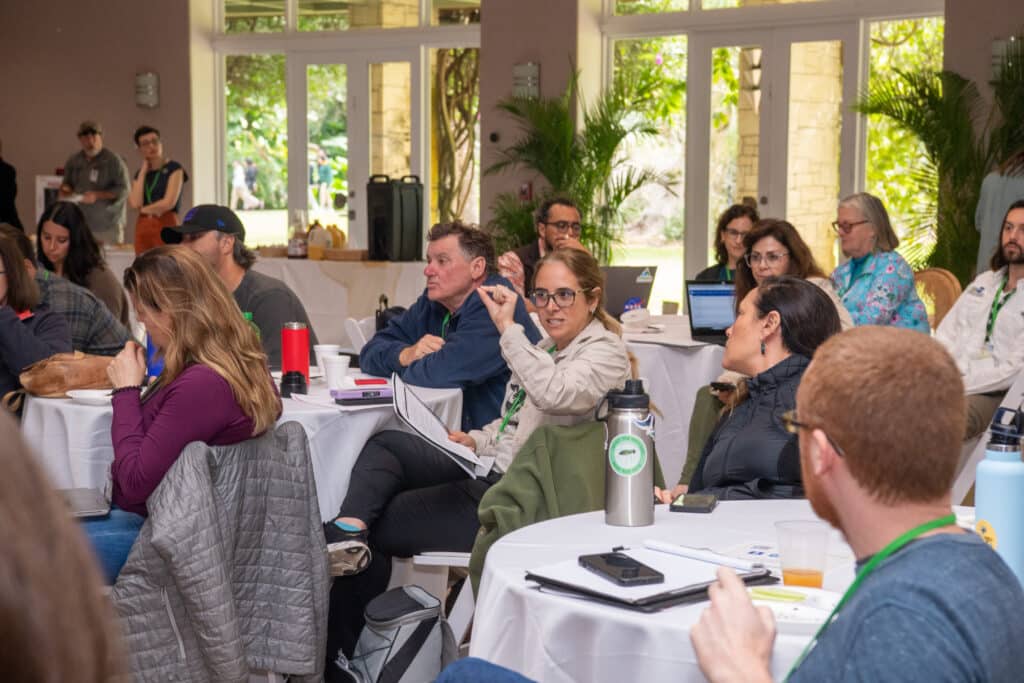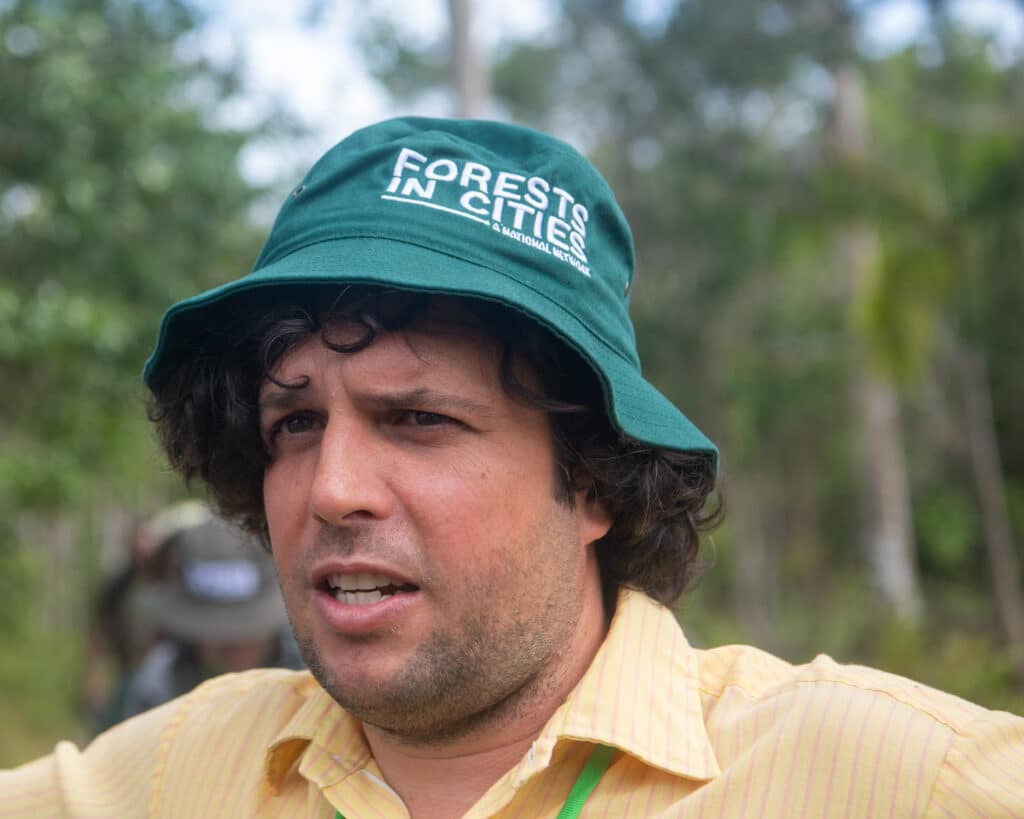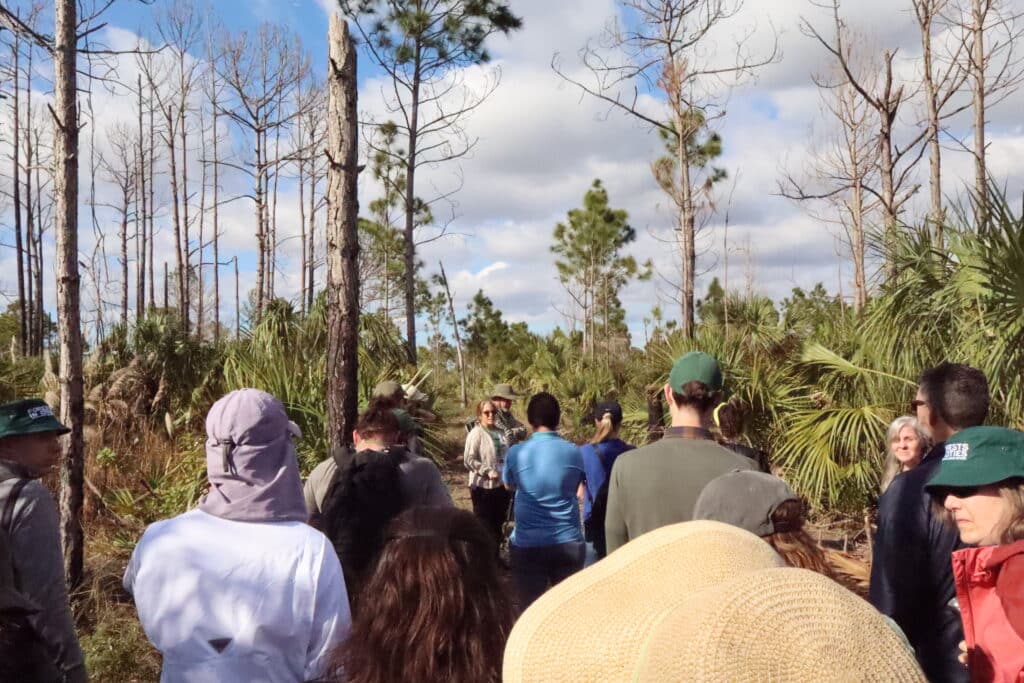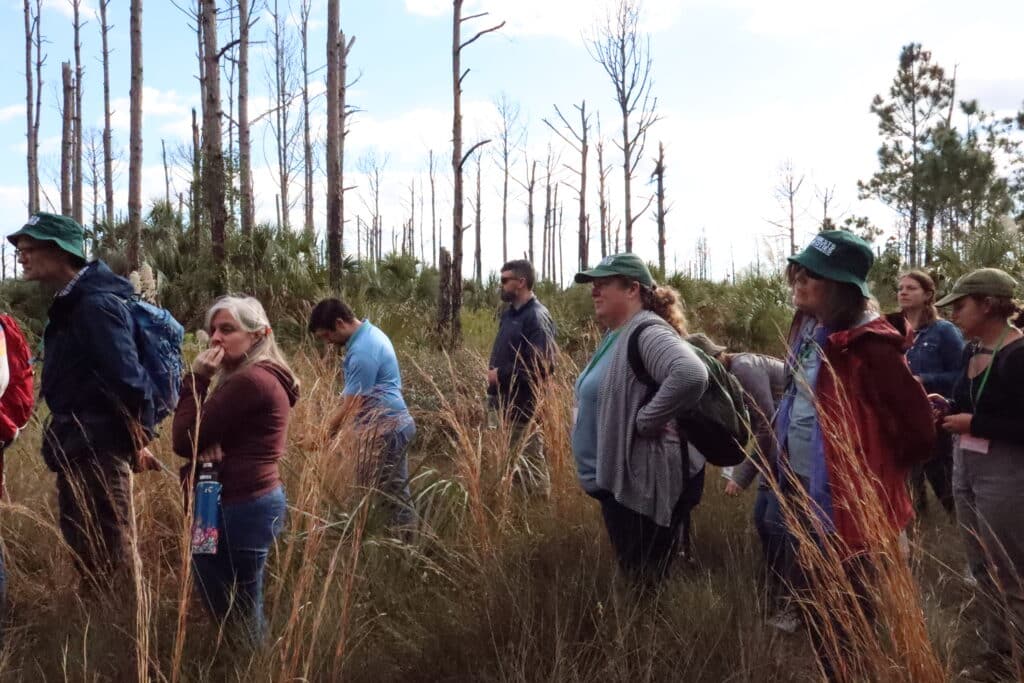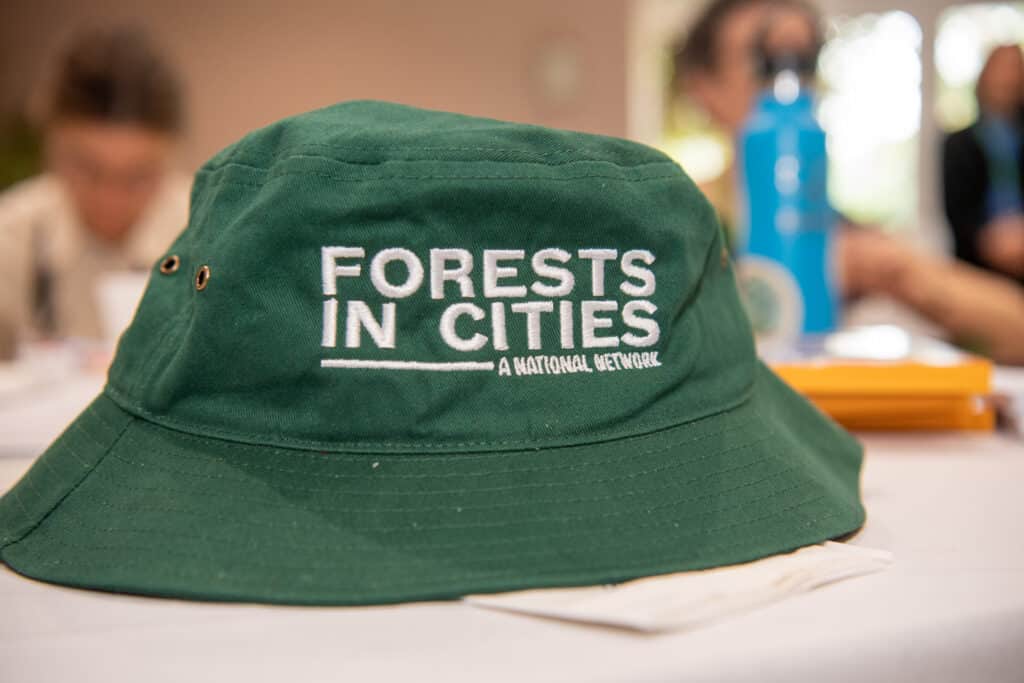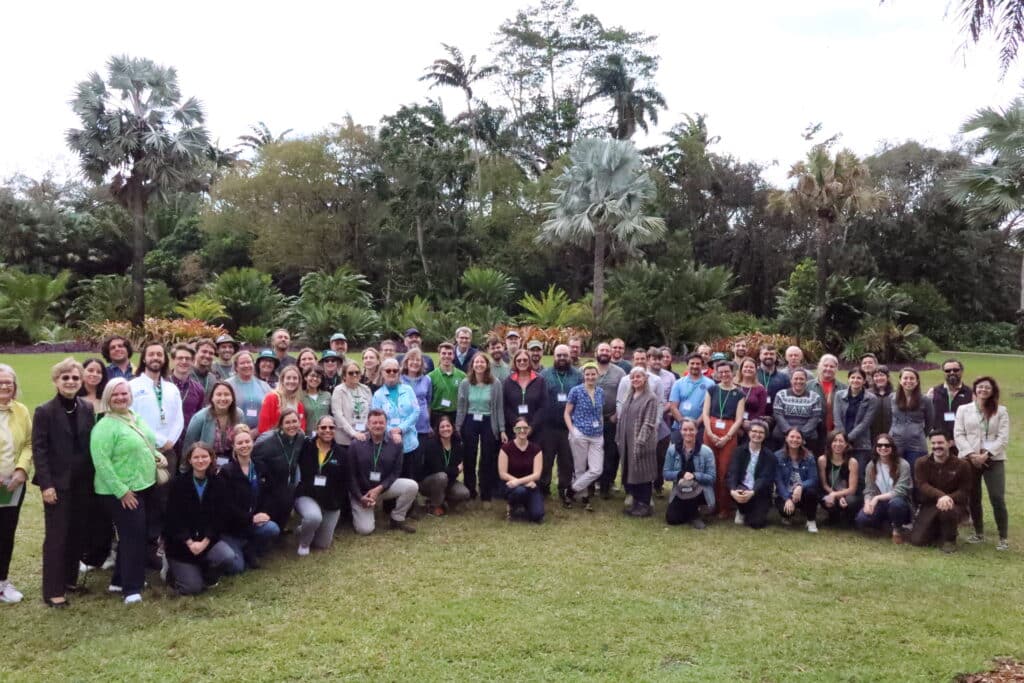The Natural Areas Conservancy’s FiC network was launched in 2019 to promote and advance healthy forested natural areas in cities across America through science, management, partnerships, and communications.
Our national coalitionThe Forests in Cities network
What is the FiC network?
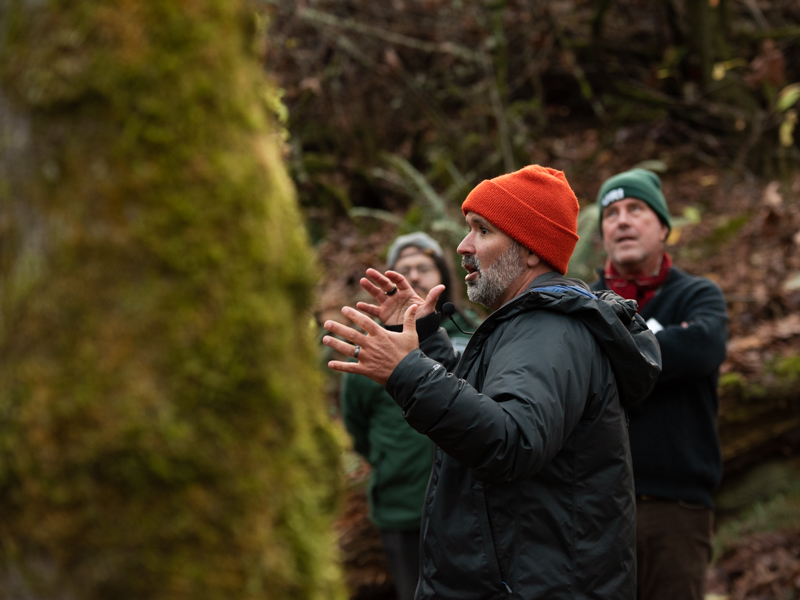
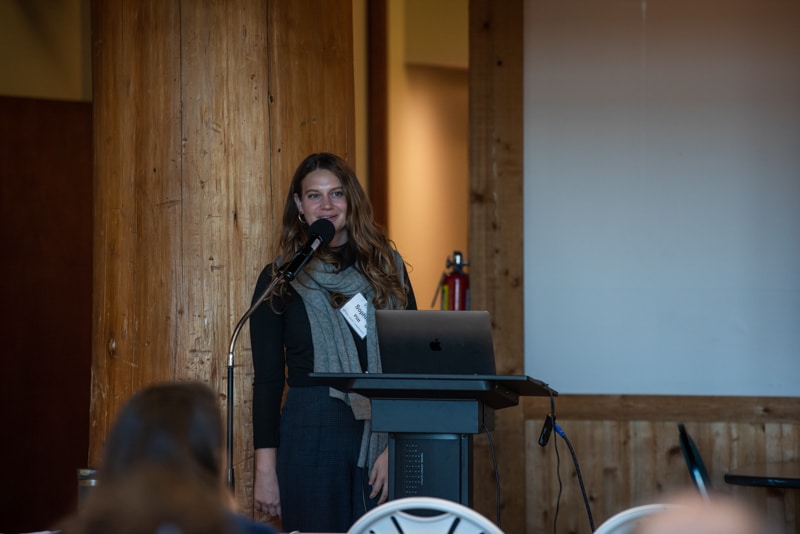
Who is part of the FiC network?
The NAC is collaborating with expert teams from 21 metro areas across the U.S. The teams were selected through a competitive process and include urban forest practitioners working in nonprofits, city and county governments, academic institutions, and private contracting. The teams play a valuable role in the success of the network by sharing firsthand experiences, contributing data and research, and developing a community of practice.
Participating cities
Indianapolis, Indiana
Miami, Florida
New York, New York
Philadelphia, Pennsylvania
Seattle, Washington
Minneapolis, Minnesota
Washington, District of Columbia
Explore our key program areas
-
The NAC is strengthening a community of practice of people and organizations who manage, study, and advocate for forested natural areas in America’s cities. This national network is focused on building interdisciplinary and cross-sector partnerships, and the NAC facilitates large-scale meetings, events, and shared resources to meet the network’s goals.
-
The science informing the management of urban forested natural areas is not well established, communicated, or rigorously tested. The FiC network aims to communicate and amplify successful practices, create new knowledge, and formulate consensus to find solutions to shared challenges and sustain healthy forests for the future.
-
The NAC works with the FIC network to develop strategies that will raise awareness of the importance of urban natural areas in order to increase public, policy, and financial support at local and national scales.
The FiC Resource Library
Our library is a curated source for urban forest managers and other practitioners to explore best practices, research, and case studies. In learning from each other, we hope to enhance forest health in urban areas and make the case for greater support and appreciation of urban forested natural areas.
In our library, researchers and practitioners can search for everything from urban forest management plans to diversity, equity, and inclusion resources. The library allows visitors to browse the basics of urban conservation or dig deep into articles on monitoring protocols and methodologies, providing a full picture of management best practices nationwide.
Visit the Library(this link opens in new window)What we study
-
Innovations in Forest Restoration and Management
-
Stewardship, Volunteers, and Community Engagement
-
Funding and Financing
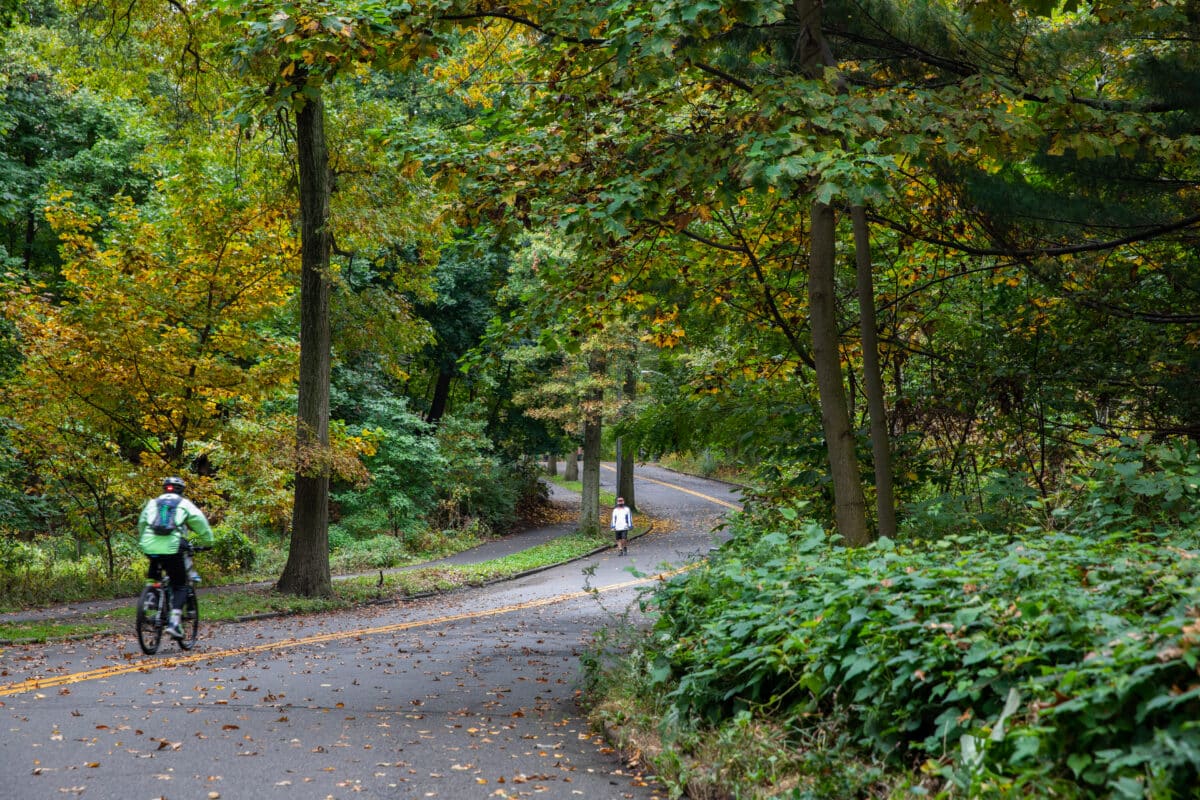
FiC network research shows the cooling power of forested natural areas
During summer 2022, the NAC partnered with 12 cities from the FiC network to conduct a study focused on quantifying differences in air and surface temperature between types of urban greenspace, with a focus on natural areas. As a result of this study, we found that natural areas are the coolest types of greenspace in cities. Natural areas were significantly cooler than non-natural and landscaped areas, and forested natural areas had lower air temperature than areas of landscaped trees by several degrees.
The results of this report highlight the importance of urban natural areas as a place of respite for city residents during summer, though not everyone have access to nearby greenspace. These findings also signal that natural areas are an important type of greenspace to consider in plans aimed at addressing urban heat islands and must be maintained to provide the greatest benefits. Protection, management, and expansion of natural areas belongs in mitigation plans, alongside landscaped greenspace, tree plantings, and other engineering techniques.
See More ResearchWe bring the power of our national network back to NYC
The work of the FiC network brings cutting-edge techniques in forest protection and care back to our home city of New York.
Support Our Work(this link opens in new window)